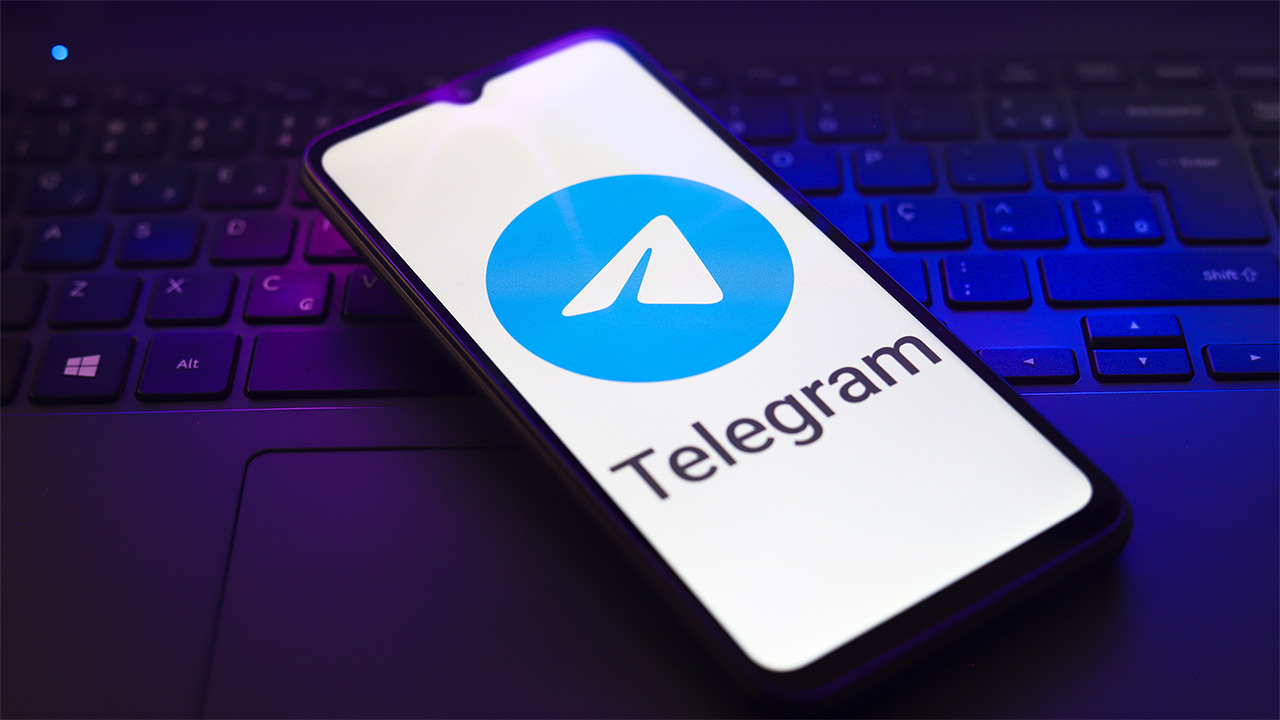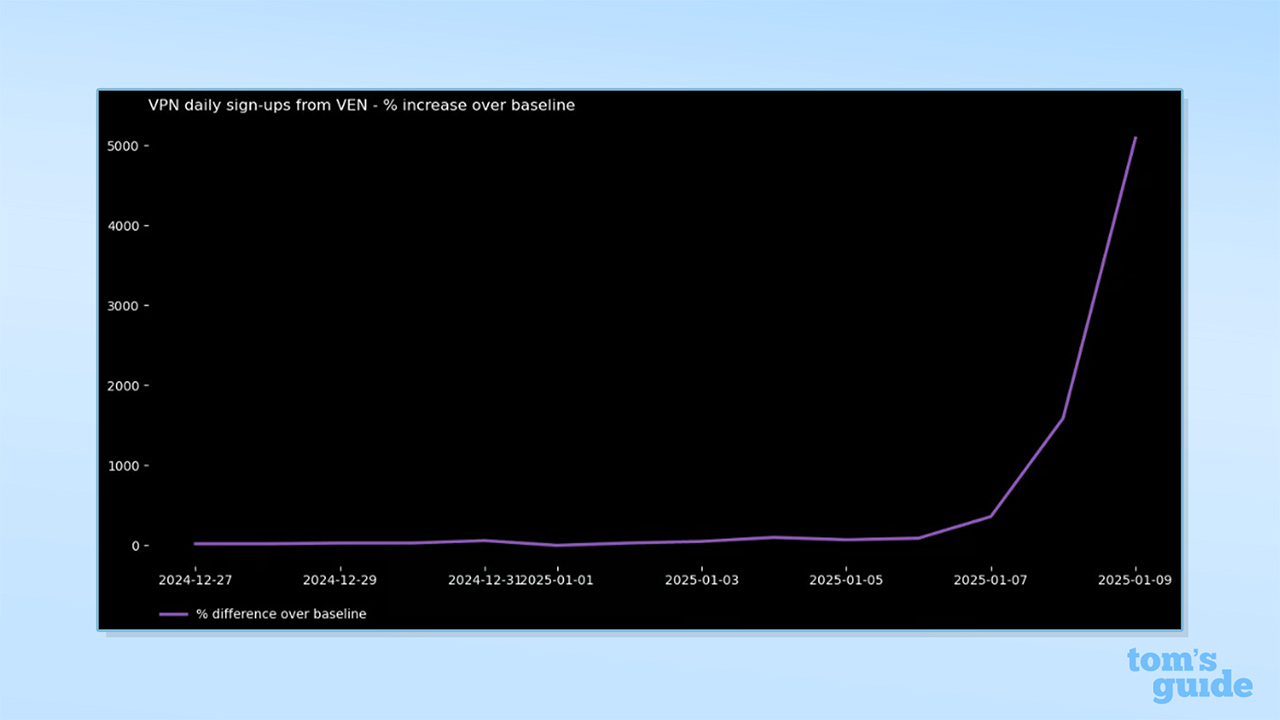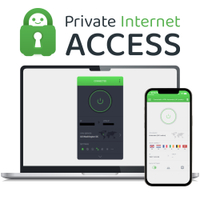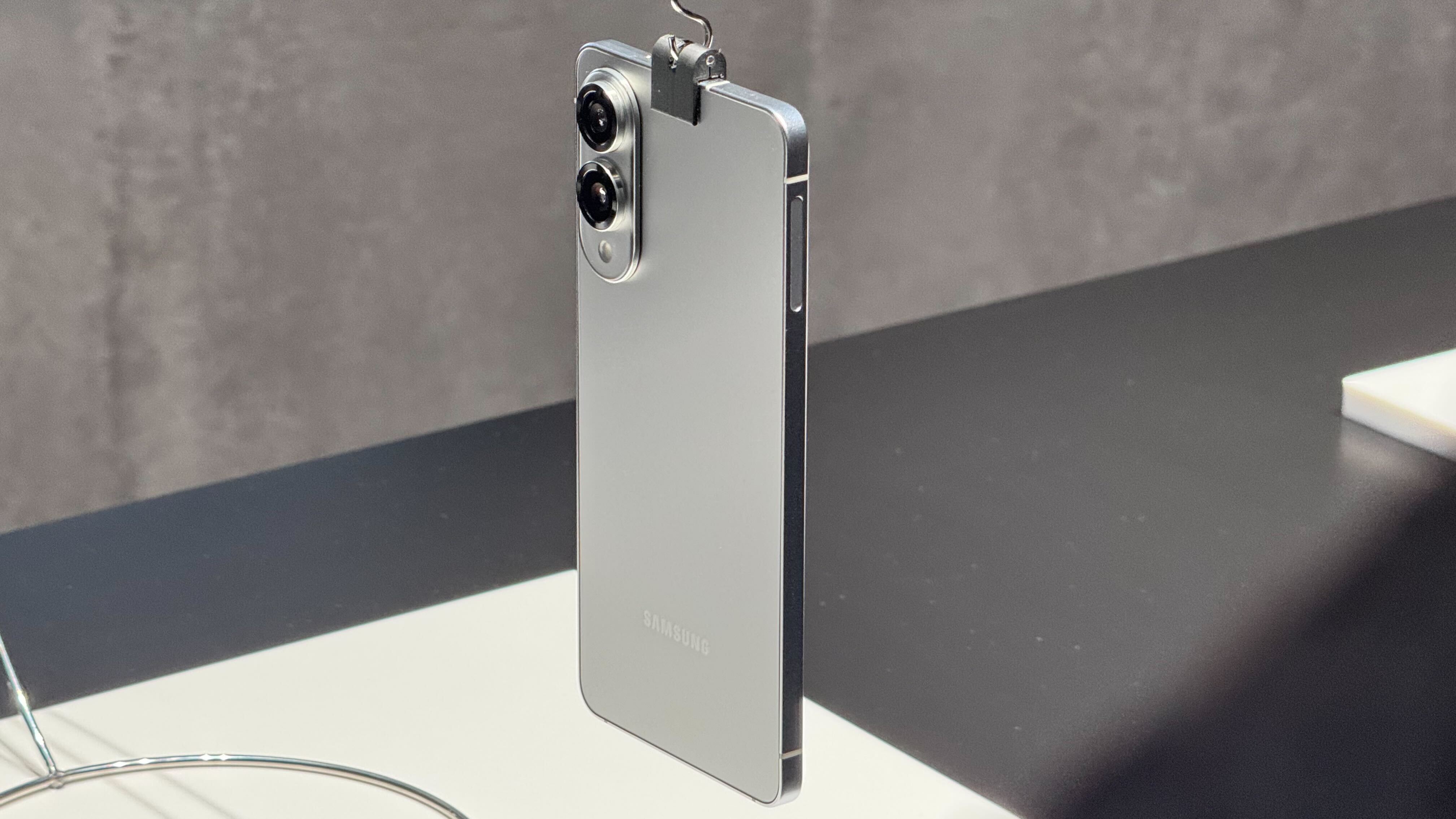Telegram blocked in Venezuela as restrictions continue
This follows a mass VPN ban on the eve of President Maduro's inauguration

Reports over the weekend have revealed Telegram has become the latest internet platform in Venezuela to be blocked.
In the early hours of 11 January 2025, NetBlocks, which maps internet freedoms across the globe, tweeted on X (formerly Twitter) that disruption was hitting the messaging app.
These events correlated with the controversial President Nicolás Maduro being sworn in for a third term in office, and followed the apparent blocking of over 20 VPN providers – including some of the best VPNs.
⚠️ Confirmed: Live metrics show messaging app Telegram is now disrupted in Venezuela, corroborating user reports of issues accessing the service; the incident comes as Nicolas Maduro is sworn in for a third presidential term, a move identified by the opposition as a coup #10Ene pic.twitter.com/7SonpVuAzNJanuary 11, 2025
President Maduro was victorious in the country's summer elections, but opposition parties have accused the government of electoral fraud and it has been the subject of a number of demonstrations.
Telegram is one of the best encrypted messaging apps and often used by activists in countries with government and internet suppression. Some Venezuelans believe the blocking of Telegram over Maduro's inauguration weekend is no coincidence.
Telegram suffers similar fate to VPNs
On 9 January 2025 the Venezuelan government went on a VPN banning spree, as 21 VPN providers reportedly had their websites blocked.
The list featured providers such as ExpressVPN, NordVPN, Surfshark, Proton VPN, and IPVanish. However, ExpressVPN and NordVPN told Tom's Guide that their websites were operating as normal. Surfshark said it was investigating and confirmed today that its website is still available in Venezuela.
This information is correct at the time of writing, but we will continue to monitor news and updates concerning VPN operations in Venezuela.
Private Internet Access (PIA) was one of the few leading VPN providers not to be included in the block list. Jack Buckley, Privacy Advocate at PIA, confirmed on 10 January that PIA's website was still available and it saw a 270% increase in website traffic.
PIA | 2 years + 2 months FREE | $2.19 per month
Private Internet Access (PIA) is a VPN veteran and features on our best VPNs list. It's a solid performer in all areas and is perfect if you're big into tech and customising your VPN. It has over 20,000 servers worldwide, including one in every US state, and it unblocked every streaming site we tested. You can protect an unlimited number of devices on one plan and its no-logs policy has even be proven in court – twice. It's great value, with the 2-year plan works out at $2.19 per month ($56.94 up front). You also get 2 months extra protection for free and a 30-day money-back guarantee.
The Proton VPN Observatory, run by the team behind Proton VPN, monitors spikes in VPN usage worldwide. It first reported a spike in Venezuela on 7 January 2025, seeing an increase in VPN usage 350% over the baseline.
Following a jump to 1,600% days later, the observatory is now reporting a VPN usage increase of 5,000% over the baseline.

Venezuela targets social media apps
It isn't just Telegram and VPNs that have been targeted – President Maduro has also imposed restrictions on TikTok. Outages were once again reported by NetBlocks on 8 January 2025 and appeared to be in response to TikTok's failure to appoint a local Venezuelan representative.
The demand was issued, alongside a $10 million fine, by Venezuela's Supreme Court as a result of TikTok's failure to tackle online challenge videos that were blamed for the deaths of three Venezuelan children.
⚠️ Confirmed: Metrics show that TikTok is being disrupted in Venezuela, following a pattern of daily multi-hour restrictions from midnight; the measure comes at the end of an eight-day deadline issued by Venezuela's Supreme Court for TikTok to appoint a local representative #8ene pic.twitter.com/Bu2M97YWQ9January 8, 2025
X and WhatsApp are two other apps that have been blocked or banned in Venezuela in recent months. As well as this, Venezuelans have experienced problems with the PlayStation Network over the weekend. This can be used as a backup messaging channel and it is unknown whether these disruptions were intentional or accidental.
Disclaimer
We test and review VPN services in the context of legal recreational uses. For example: 1. Accessing a service from another country (subject to the terms and conditions of that service). 2. Protecting your online security and strengthening your online privacy when abroad. We do not support or condone the illegal or malicious use of VPN services. Consuming pirated content that is paid-for is neither endorsed nor approved by Future Publishing.

George is a Staff Writer at Tom's Guide, covering VPN, privacy, and cybersecurity news. He is especially interested in digital rights and censorship, and its interplay with politics. Outside of work, George is passionate about music, Star Wars, and Karate.

